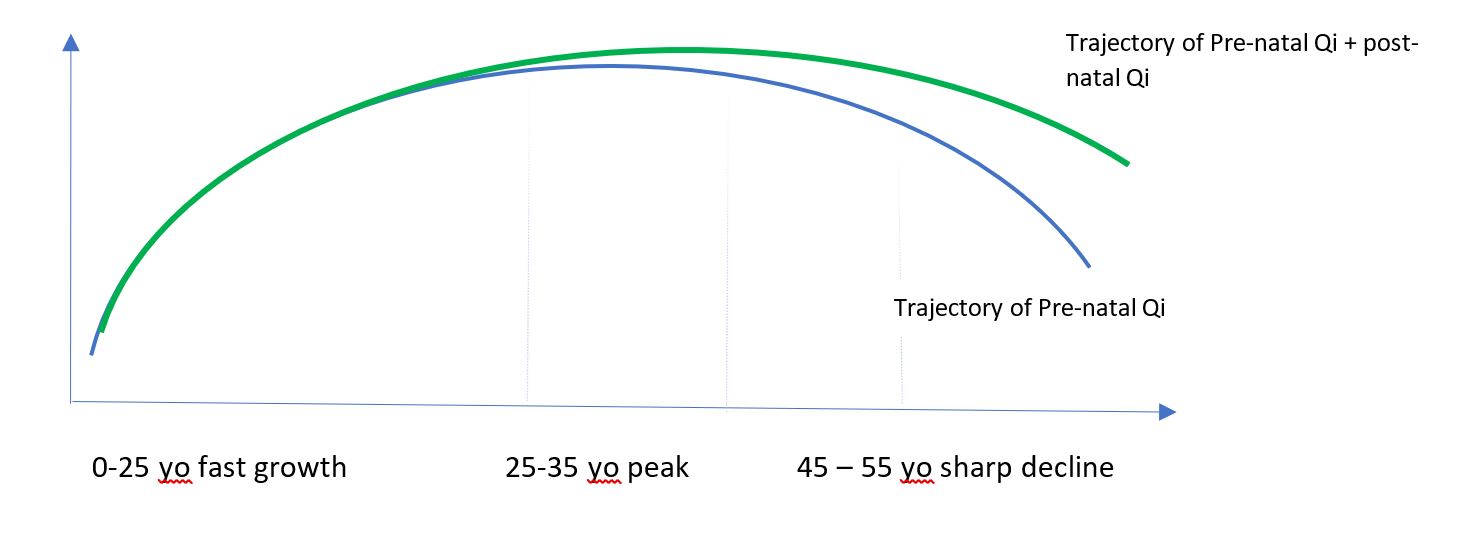I attended a seminar last week about mid-life wellbeing. The middle-age individuals are those between 45 to 65 years old. Mid-life is the phase when one faces physical, mental and societal challenges. The top health issues during this phase are reduced immunity, weight gain, fragile bones, and increased incidence of cancer. On the one hand middle-aged individuals are no-longer as energetic as they were in their 20th, on the other hand they have more responsibilities and stress at work, and at home due to having children and ageing patients.
We see many middle-aged people in our practice in Geelong. Most of the complaints are related to fatigue, sleep disturbance, digestive issues, stress, bodily pain, headache, sinuses infection or menopausal for women. Those physical symptoms reduce people’s capacity to cope with the increased pressure and stress.
In addition to family and societal demands, middle-age individuals decline physically due to the change in body essence (Jing). In Chinese medicine, Jing is what we are born with, and inherited from our parents. It is called pre-natal Qi, which governs our growth, maturity, fertility and longevity, and is the foundation of our health. Jing is weak when we are born, and grows as we grow, reaching its peak around late 20th and early 30th. From there, Jing declines. During middle-age, there is a sharp decline. The body’s capacity to adjust to changes could not catch up with the speed of decline, leading to many symptoms. After that, Jing continues to decline with a gentler speed as shown in the figure below.
This seems to be a doom picture, that we are getting weaker after 35 years old. Well the body is so amazing, it always has multiple backups. According to Chinese medicine, Jing is be supplemented by post-natal qi, which refers to the energy created by us after we were born.
This is a great news for those who are middle-aged. So there are ways to strengthen Jing when it is naturally declining.

Using post-natal qi to strengthen Jing (pre-natal Qi)
Ways to strengthen Jing are simply, and do not cost much. All you need is to be consistent and persistent.
- Sleep: Maintain a regular sleep routine with an adequate number of hours; and ensure going to bed before 10:30pm. In Chinese medicine, Blood is restored at night when we sleep. When we do not sleep well, we consume blood. Modern science understands that sleep gives the brain the opportunity to sort out the information we receive during the day.
- Diet: Maintain a regularly diet with an adequate amount of food. Dinner is usually the smallest meal of the day, which helps sleep and digestion. Of course, what we eat and how we eat is equally important.
- Drinks: avoid excessive coffee or caffeine intake as they may keep us awake and impact on digestion. Sugary drink or excessive alcohol has negative impact on our body and mind.
- Exercise: moderate and regular exercise. Strenuous exercise is not suitable for people who are middle-aged or older.
- Smoking: stop smoking is a great step forward.
- Relationship with oneself: this is THE time to build a healthy, accepting relationship with oneself.
- Relationship with others: when one has a better relationship with oneself, their relationship with others will too improve.
As you can see there are so many simple ways to supplement our declining Jing.
Middle-age individuals are in the most important phase in life. During mid-life, we tend to put ourselves the last due to so many competing duties. Now it is time to give ourselves TLC to set up a great foundation for a successful ad healthy ageing. Research shows if we adopt those good habits in mid-life, we will enjoy extra disease-free years, with 7.6 years for men and 10 years for women. Let us turn “mid-life crisis” into “mid-life opportunities”.
